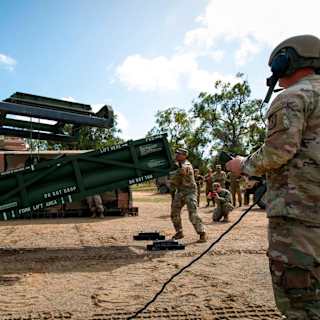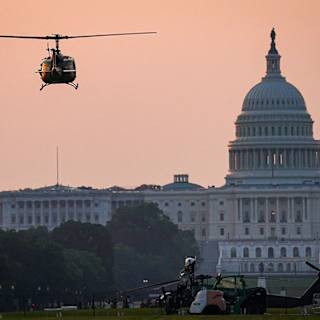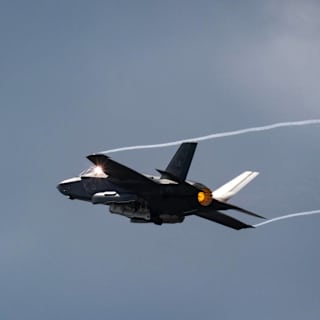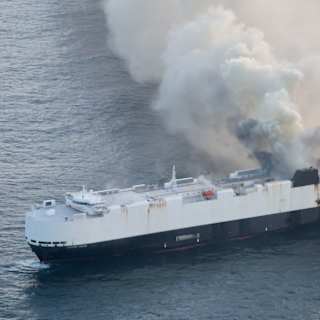- Technical Setbacks Drive Delivery Delays
- Fleet Strength and Strategic Implications
The U.S. Navy will face a temporary reduction in its aircraft carrier fleet as delivery delays push two new Ford-class carriers to 2027 and 2030, according to recent budget documents and congressional testimony. The USS John F. Kennedy, originally slated for delivery this month, will now arrive in March 2027, while the USS Enterprise has been delayed until July 2030.
The delays will leave the Navy with 10 aircraft carriers instead of 11 for about a year once the USS Nimitz is decommissioned in 2026, creating a temporary gap in the service's global presence capabilities.

The Kennedy's 20-month postponement stems from ongoing work on Advanced Arresting Gear certification and Advanced Weapons Elevator systems, technologies that have plagued the Ford-class program since its inception12. Navy officials told the Senate Armed Services Committee that the carrier is "nearly 95 percent construction complete" but faces "critical path challenges" with these systems32.
The Enterprise, meanwhile, has been pushed back due to "delays in material availability and industry/supply chain performance," according to the Navy's Fiscal Year 2026 budget estimates14. The carrier's delivery timeline has expanded from 110 months to 128 months from start of construction4.
HII's Newport News Shipbuilding, the sole builder of U.S. nuclear aircraft carriers, has struggled with workforce shortages and supply chain disruptions24. The company recently furloughed 470 salaried workers while continuing to recruit skilled shipbuilders, according to spokesman Todd Corillo2.
The delays compound broader challenges facing Navy shipbuilding programs, with 10 different warship classes experiencing schedule setbacks1. Secretary of the Navy Carlos Del Toro told industry leaders in April that "too many of our industry partners are behind schedule and over budget on our highest priority programs"1.
The Navy originally planned a dual-phase delivery approach for the Kennedy to minimize downtime between the Nimitz decommissioning and the new carrier's arrival, but switched to single-phase delivery, adding two years to the construction timeline2. The Kennedy will now be equipped to handle F-35C Joint Strike Fighters and the new Enterprise Air Surveillance Radar2.
The delays have contributed to a $480 million cost increase in the carrier program over the past year, according to the Government Accountability Office3. Navy officials indicated they may accept the Kennedy with some non-essential work incomplete to avoid further delays3.
"We are taking action right now to accelerate and recover as much schedule as we possibly can," Rear Admiral Todd Weeks told Congress in April4.



